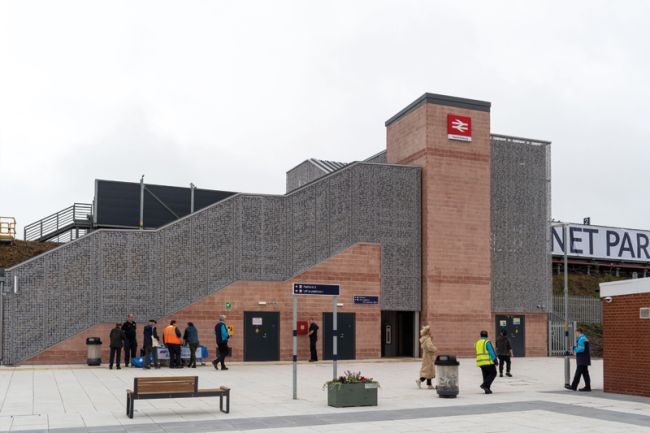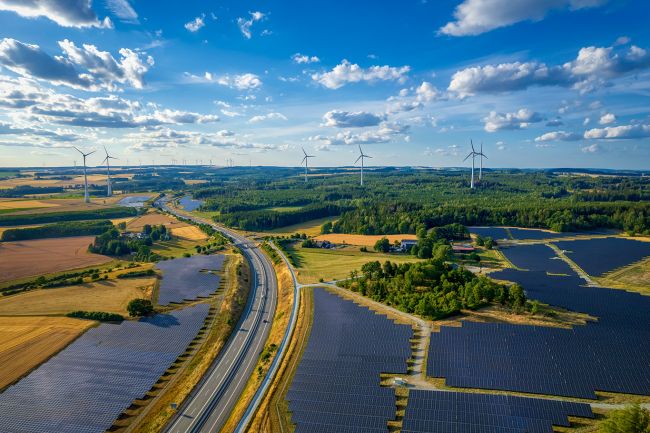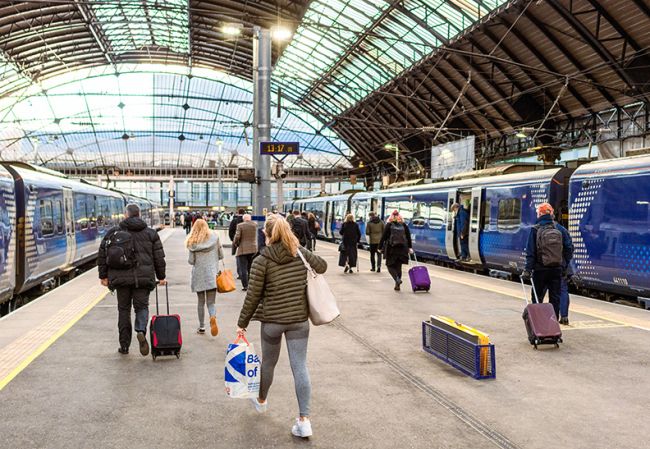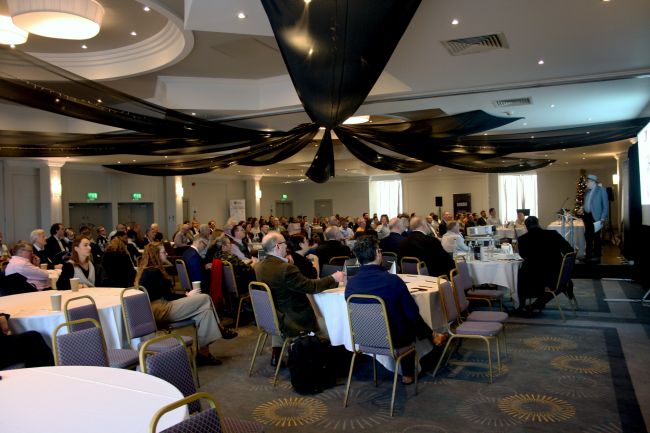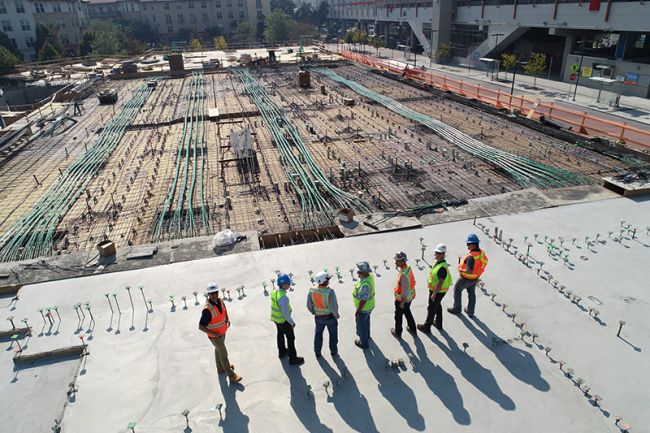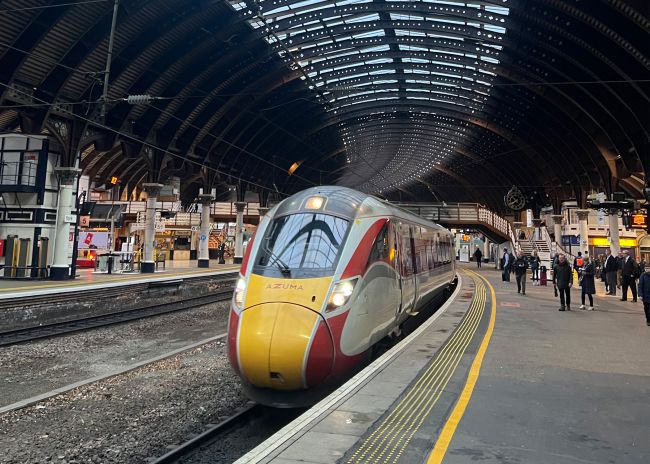All life is local
Across 2018 – 2019 train station platforms in central Manchester were filled with frustrated commuters.
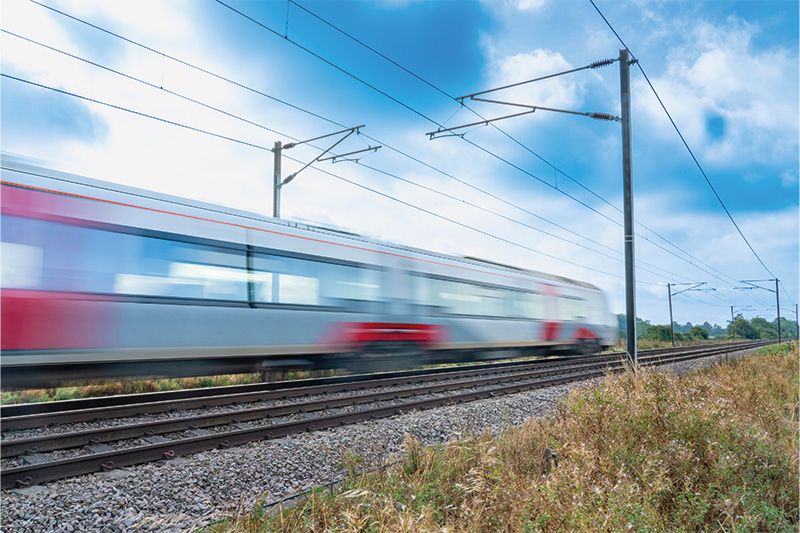
Welcome to the 'Recalibrating Britain's Railways' event series—a thought-provoking journey that challenges conventions and reshapes the railway landscape.
All life is local – opportunities arise, and collaboration, occurs locally
Across 2018 – 2019 train station platforms in central Manchester were filled with frustrated commuters as congestion delays affected Deansgate, Manchester Oxford Road and Piccadilly. At that time the area accounted for 7% of the total delay incurred by Northern and TransPennine services and difficult decisions were needed to change the timetable and reduce the level of delay spreading across the network.
Making major changes to passengers’ experience of the rail network often requires compromises to take place, by trading off benefits on one part of the network in order to achieve a greater overall benefit for the wider region. Examples include proposals to change timetables in order to generate higher levels of overall patronage, or network-wide changes to fares that may have ‘winners’ and ‘losers’ on different routes.
The issues relating to the implementation of strategic changes such as these are not isolated to the railway, consider the way political fractures over housing targets which are agreed nationally or regionally but opposed at a local level. Rethinking the way objectives are set and decisions are made requires a collaborative approach and potentially a re-framing of the problem, with ownership of both the benefits and downsides by the decision-making body and those directly affected by the change being part of the decision-making process.
An example is the way in which debates around the introduction of Clean Air Zones (CAZ) have been led by local councils. In Bradford, there have been strong feelings on both sides of the debate regarding the introduction of a CAZ, particularly focused on the potential economic and financial costs resulting from the implementation of a charging zone. However, the narrative for the introduction of the scheme focused on the health impacts; in Bradford, evidence showed that 200 deaths per year were being caused by traffic pollution, poor air quality is responsible for up to a third of childhood asthma cases and one in five children in the city have a breathing problem. Though the introduction of the CAZ was a key issue leading up to the 2022 local elections, the council implemented the scheme in September 2022 – showing how controversial schemes with strategic benefits are able to be implemented when local people feel there is a need to act.
Gaining local input and ownership of decision-making provides an opportunity to end the confrontational nature of ‘stakeholder’ relationships. Reconceptualising these as ‘partnerships’ whereby stakeholders own both the difficult decisions and strategic benefits will ensure local leaders are empowered to make decisions, also enabling progress against wider objectives for public transport and environmental objectives.
History shows that where regional bodies are responsible for rail funding allocation they are able to make tough decisions, including railway line closures where more cost-effective public transport alternatives have been identified.
More recent examples include the timetable interventions made both in the West Midlands and in Manchester, where direct through linkages and additional frequencies were foregone in exchange for improved network reliability. In Manchester, the December 2022 timetable was one of a number of interventions contributing to a reduction in delay of approximately 40% in comparison with 2019, showing that whilst difficult decisions on direct connectivity needed to be made, the overall objective of improved performance was able to be met.
Equipping the industry to take these decisions requires:
-
Collaboration: Based on a common understanding of the evidence, challenges and incentives.
-
Transparency: Being accountable for the overall outputs of the transport network, and directly responding to passenger feedback.
-
Ownership: Without a stake in the future benefits, transport authorities are reduced to providing ‘feedback’ to external decision makers. Having visibility of the evidence and the opportunity to challenge the process allows positive decisions to be made in the knowledge that the ‘best available’ option is taken – even when that isn’t the perfect outcome for all.
Through this process, it is vital to have alignment between the geographic scope of the impacts, and the political governance through which affected passengers are represented. Though decisions may still affect one route or region unevenly, the opportunity to deliver wider and strategic level benefits has been shown to be achievable. The future rail industry needs to embrace these opportunities if strategic benefits are to be achieved and difficult decisions are to be taken.
We are pleased to deliver a series of events this October to explore the new paradigm for the railway and what it means for the way it needs to be managed now. You can find more details on our Recalibrating Britain’s Railway series and the opportunity to participate in Manchester or London (or online) events here.
Thank you for joining us on this thought-provoking journey as we recalibrate Britain's railway industry. Don't miss the opportunity to be part of these transformative discussions.

